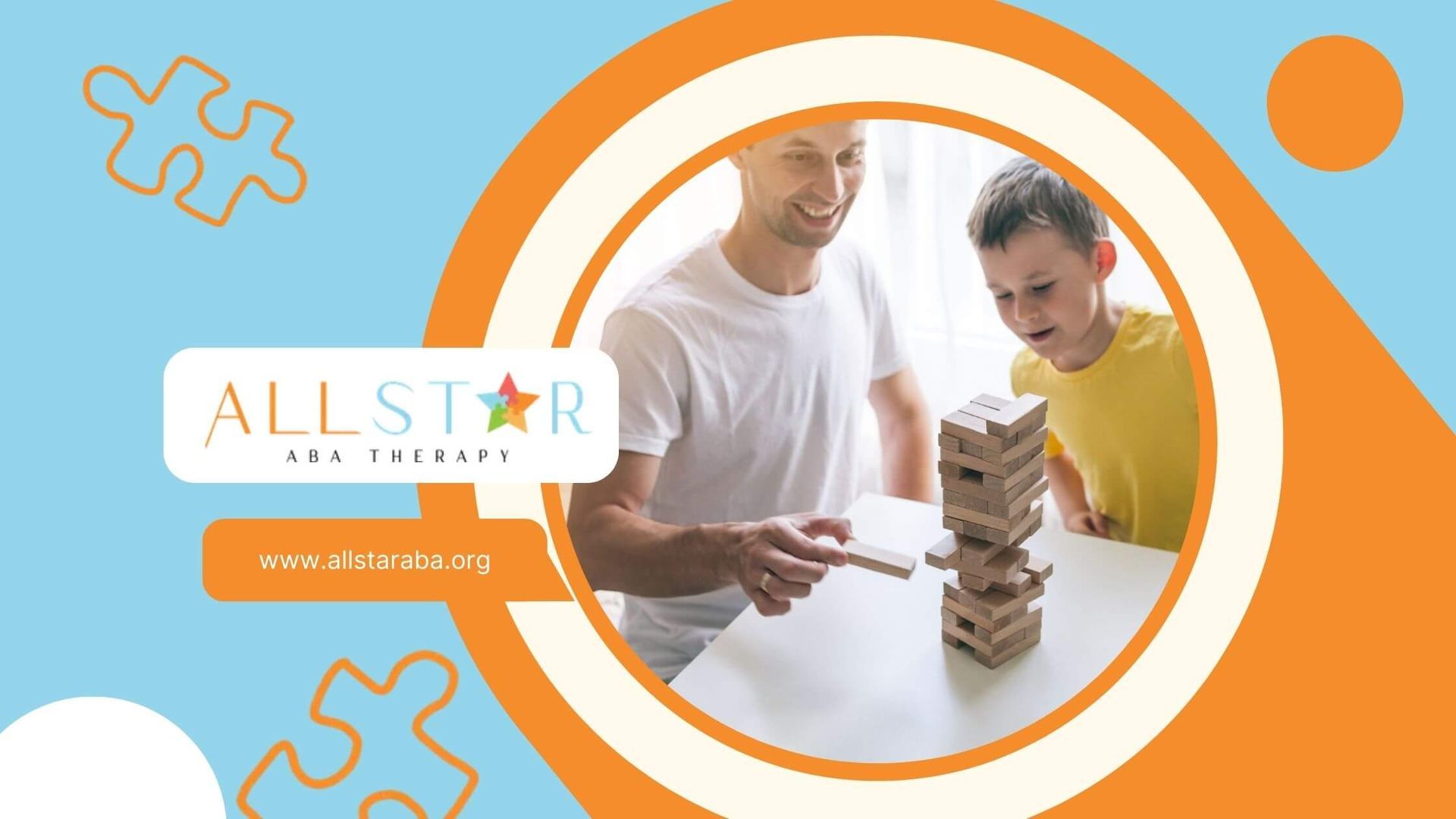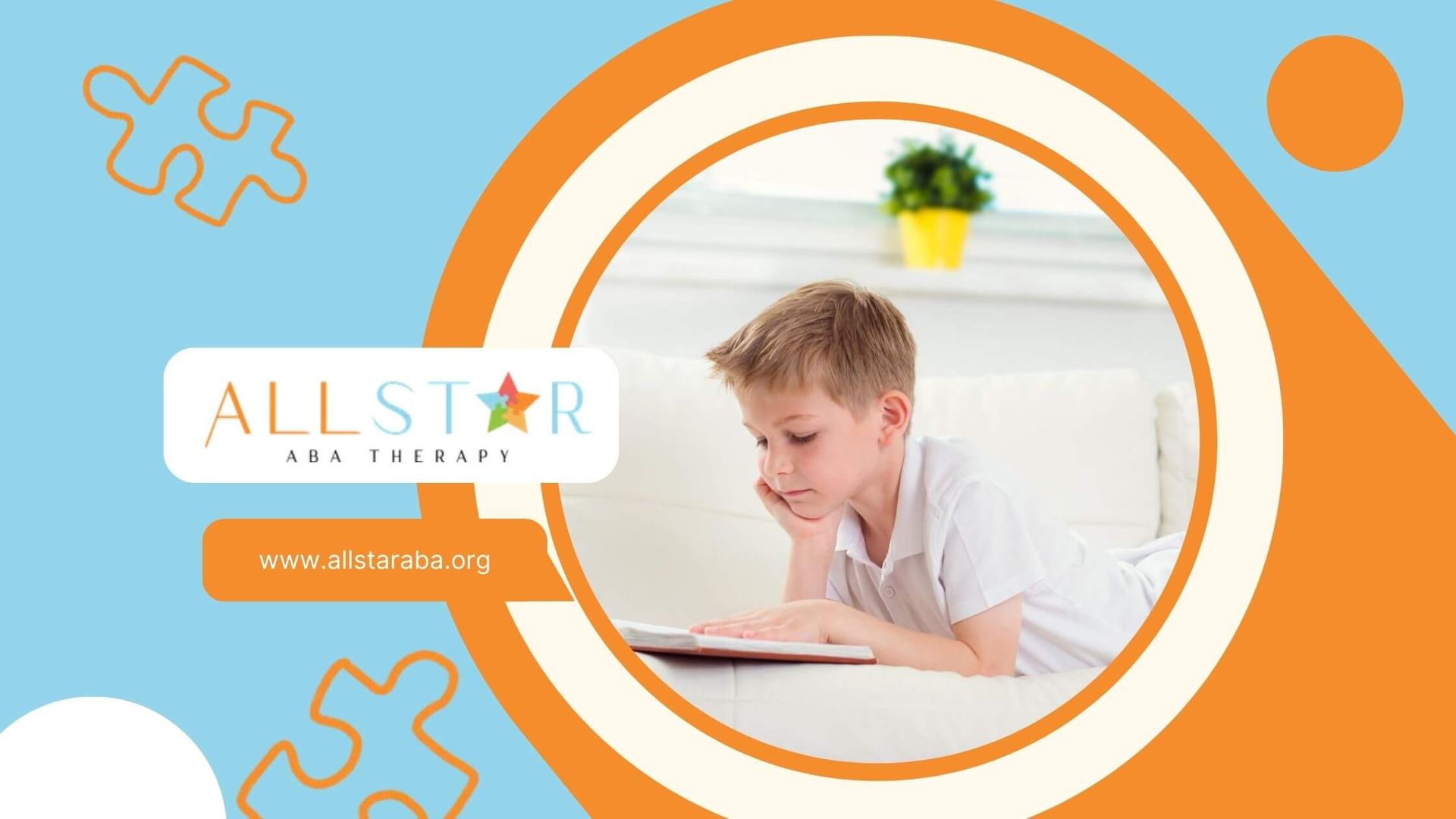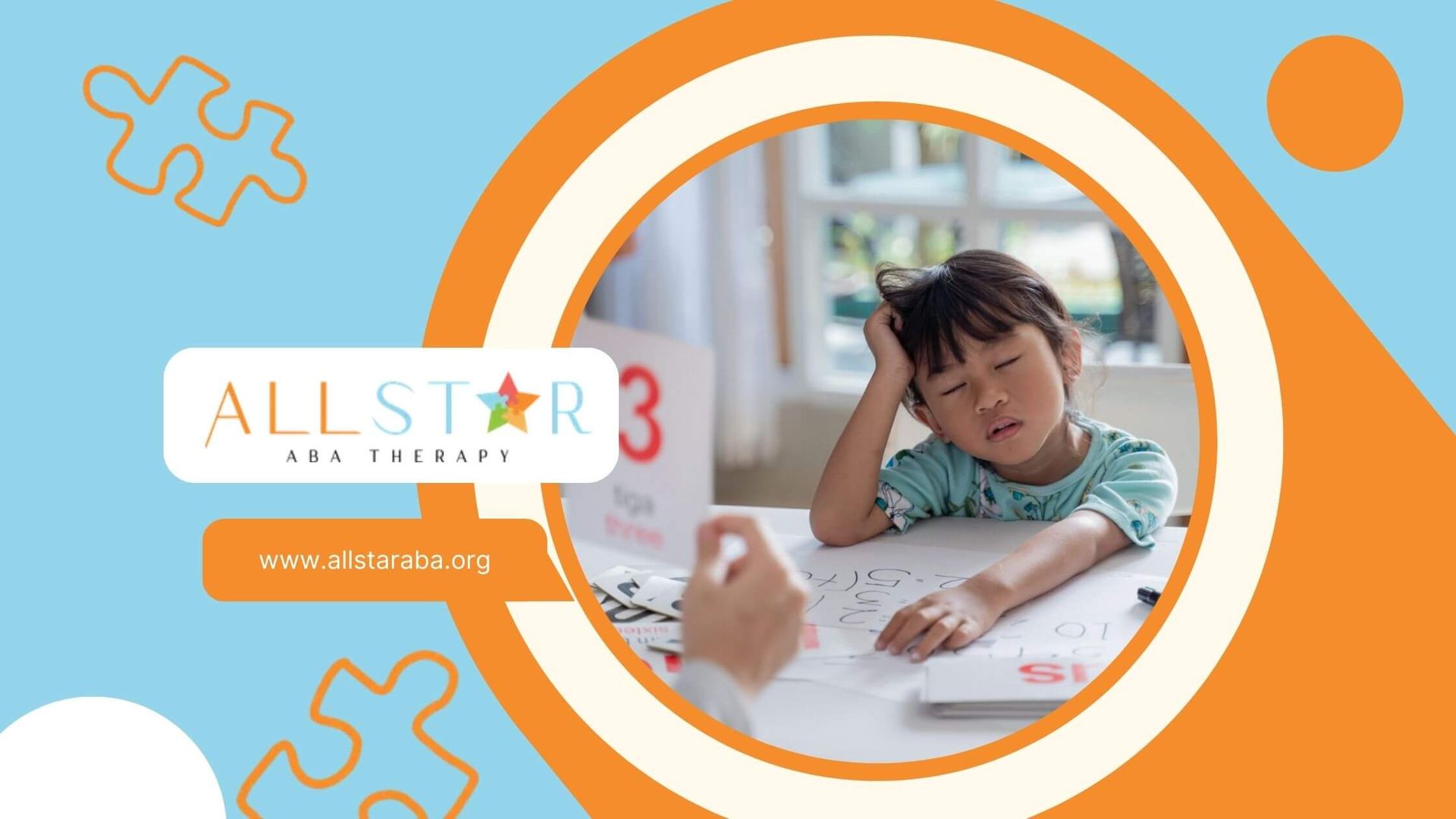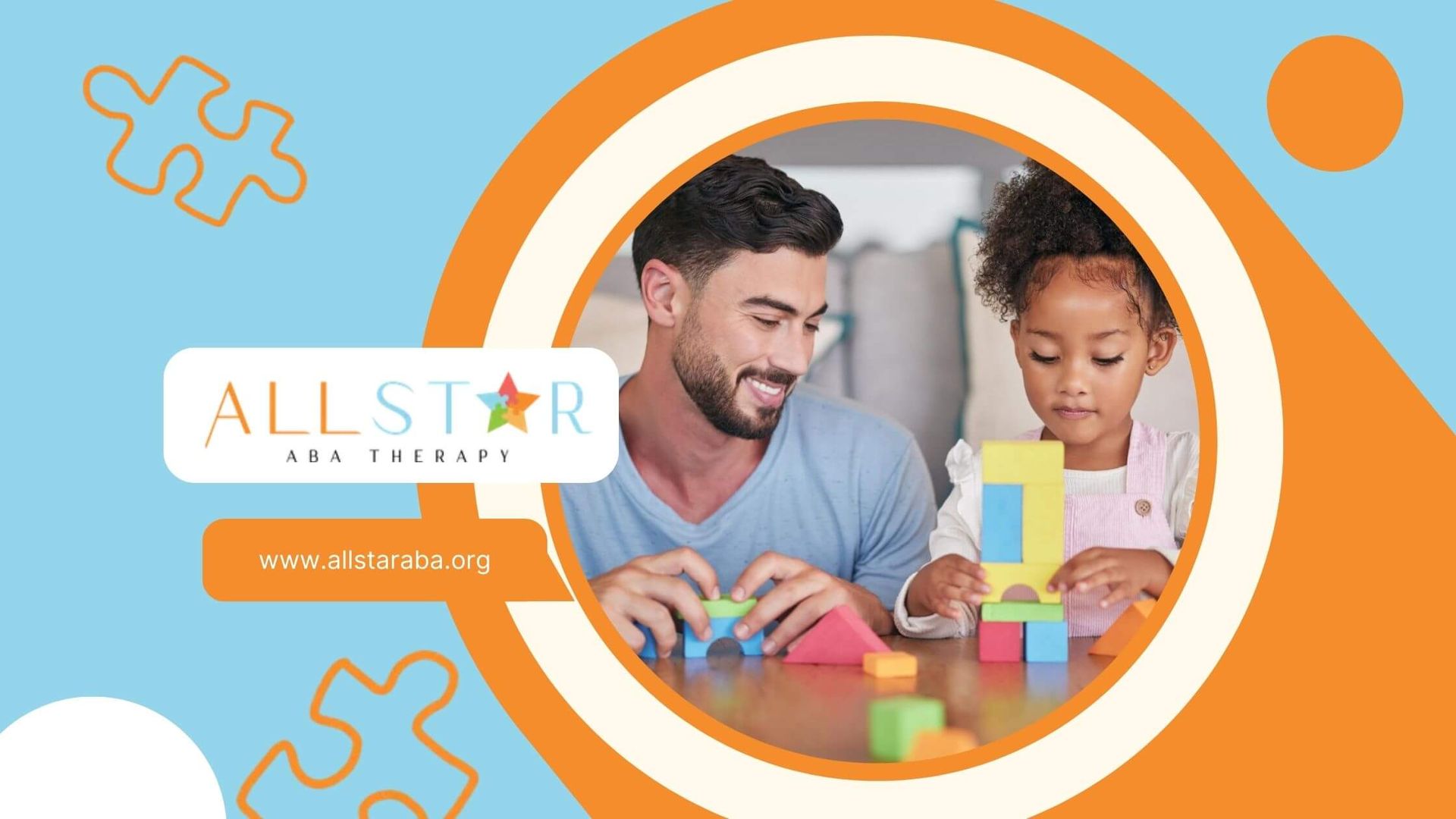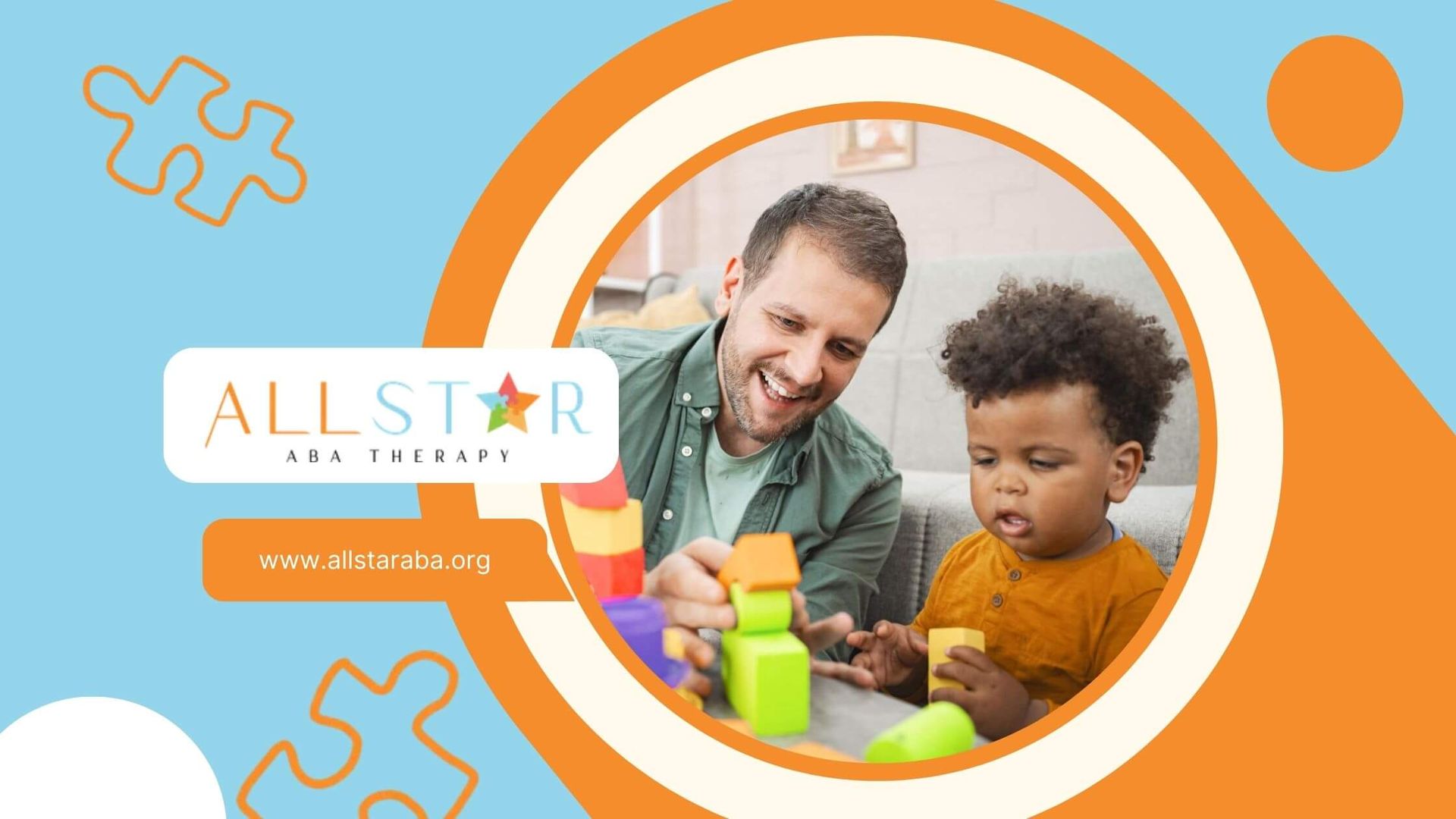New Paragraph
Facial Expressions and Autism Key Signs Explained
Autism Spectrum Disorder (ASD) is a developmental condition that affects how a person communicates, behaves, and interacts. While there isn’t a distinct "facial sign" for autism, certain facial expressions and non-verbal behaviors may indicate social or emotional challenges.
These signs can vary greatly from person to person, but they often give clues about how an individual might be processing or responding to social interactions.
Facial Expressions and Autism
According to a study from The Journal of Autism and Developmental Disorders, children with autism often have difficulty expressing emotions through facial cues. This can result in a neutral or flat expression, even in situations that might typically evoke a response.
These facial expressions might not match the expected emotional reaction in social situations, which can sometimes make it harder for others to connect with the child or adult.
Furthermore, some individuals with autism may also have difficulty maintaining eye contact, a key component of social interaction that is often reflected in facial expression.
The lack of eye contact is commonly noted by parents and caregivers as a sign of social challenges, although it’s important to remember that this behavior is not a definitive sign of autism on its own.
What Parents Should Know
Though facial expressions can provide some clues, they are not diagnostic of autism.
Autism is a complex condition that is better understood through behavioral patterns, communication challenges, and developmental history. Early intervention and therapy, like ABA, are essential in helping children develop social and emotional skills.
All Star ABA provides a variety of therapy options tailored to each child's unique needs:
- In-home ABA Therapy: One-on-one sessions in a comfortable home setting
- School-based ABA Therapy: Support for children at school
- Center-based ABA Therapy: Structured therapy at our centers in Maryland and Virginia
Contact All Star ABA today to learn more about how we can support your child’s development!
FAQs
1. Can facial expressions be a sign of autism?
While certain facial expressions may signal difficulties with social cues, they are not definitive indicators of autism. Each individual with autism is unique in how they express themselves.
2. How does autism affect social interactions?
Autism can make social interactions challenging, leading to difficulties with facial expressions, eye contact, and understanding social cues. Early intervention can help improve these skills.
3. Is early therapy helpful for children with autism?
Yes, early intervention, such as ABA therapy, can significantly help children with autism develop essential communication and social skills.
Need Support?
We're Here to Help!
Our experienced team is ready to assist you. Reach out today to discuss how we can support your child's development and well-being.
Get started with expert ABA therapy today.



